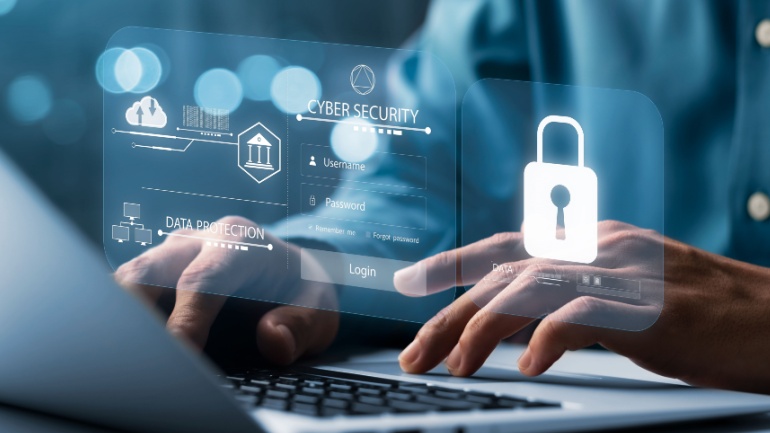Evolve IP, a prominent provider of hybrid workforce solutions, has received the esteemed Stevie® Award for Best Technical Support Strategy and Implementation at the 20th American Business Awards®. The Stevie Awards, established in 2002, are highly regarded within the business sector for recognizing outstanding achievements across various domains.
In a significant acknowledgment of its pioneering approach to customer service, Evolve IP has been distinguished as a front-runner in the realm of secure and efficient hybrid work solutions. The company’s recent accolade as a “Leader” and “High Performer” in G2’s Winter 2024 report underlines its commitment to facilitating seamless productivity for distributed workforces.
Evolve IP, a rapidly expanding global collaboration solutions provider, has achieved the esteemed status of a gold partner with Snom, a leading IP telephony hardware manufacturer. This development marks a significant step forward for Evolve IP’s digital transformation capabilities, particularly across the EMEA region.
It has been announced that Evolve IP has increased the worldwide coverage for its Evolved Office UC and Teams Enterprise Voice products. Their program allows the company’s clients to acquire and port local numbers, as well as to have access to international and domestic telephony in 10 more countries. China, Japan and the Philippines in the Asia Pacific area, as well as Brazil, Mexico and Ecuador in Latin America, are some of the centerpieces of this recent development. Up to this point, Evolve IP has replaced PSTN services in over 40 countries and has inbound/toll-free calling capabilities across more than 50 nations. Business SMS, Recording & Analytics, Contact Center, Multi-level Auto Attendants, Advanced Hunt Groups, Overhead Paging, Receptionist Clients are just a few of the capabilities that Evolve IP’s communication solutions provide to Microsoft Teams and Cisco Webex Collaboration. Scott Kinka, Chief Strategy and Innovation Officer at…
Korea Telecom has partnered with Microsoft in a groundbreaking AI collaboration set to transform South Korea’s digital landscape. Over five years, AI-powered solutions will revolutionize finance, healthcare, and education. Leveraging KT’s data, they will develop localized AI models using OpenAI’s GPT-4o, enhancing both consumer and enterprise services.
Businesses using VoIP must navigate complex regulations to ensure compliance. Key areas include licensing, security, data protection, emergency services, and international laws, making regulatory adherence crucial for safe and effective VoIP usage.
Remote work and digital nomadism are booming, and VoIP keeps globetrotting professionals connected. This article explores how VoIP offers cost-effective, flexible calling and a variety of features like video conferencing and instant messaging. Popular tools like Zoom, Skype, and WhatsApp are explored, highlighting their strengths for travellers and remote workers. The article concludes by emphasizing how VoIP empowers seamless communication and collaboration from anywhere in the world.
Ericsson and Telefónica Germany have announced the extension of their core network partnership. This collaboration, involving Ericsson’s dual-mode 5G Core and cloud infrastructure solutions, currently supports mobile connectivity for 45 million O2 Telefónica subscribers. It spans multiple network generations including 5G Standalone (SA), 5G non-Standalone (NSA), 4G, and 2G.
VoIP offers significant cost savings for businesses by reducing infrastructure, call, and maintenance expenses. It also improves efficiency with features like voicemail-to-email and video conferencing, all at a minimal cost. Additionally, VoIP is highly scalable and easy to expand, making it ideal for growing businesses.
The latest report from Cisco (NASDAQ: CSCO) reveals a stark reality: only a mere three percent of organizations worldwide possess the necessary level of readiness to combat modern cybersecurity risks effectively. Released today, the 2024 Cybersecurity Readiness Index underscores a notable decline from the previous year, where 15% of enterprises were classified as mature in their cybersecurity readiness.













